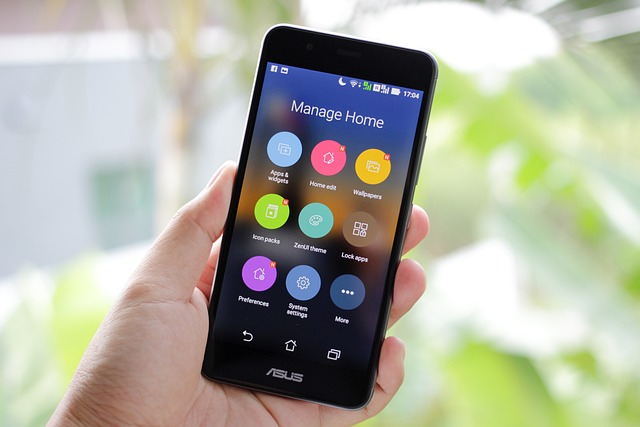In South Carolina, telemarketing practices are strictly regulated to protect residents from unwanted calls. Individuals can register on the state's "Do Not Call" list and the national registry to opt-out of sales or promotional calls. Companies must obtain explicit consent and respect consumer choices; penalties apply for non-compliance. Charleston residents have robust protections under the Telephone Consumer Protection Act (TCPA) and South Carolina laws, with legal action available for violations. Connect with a Do Not Call lawyer in South Carolina to protect your rights and stop unwanted calls.
In Charleston, as in the rest of South Carolina, telemarketing practices are heavily regulated to protect residents from unwanted calls. This article explores the specific regulations governing telemarketers targeting Charleston residents, with a focus on the Do Not Call laws. We’ll delve into how businesses and individuals can comply, the legal rights of Charleston residents, and the consequences for violations. If you’re seeking guidance from a do not call lawyer SC, do not call attorney SC, or consulting a do not call law firm South Carolina, this is essential reading to understand your protections and options.
Understanding Telemarketing Regulations in South Carolina
In South Carolina, telemarketing practices are regulated to protect residents from unwanted calls and ensure fair business conduct. The state’s laws provide specific guidelines for companies engaging in telemarketing activities, including restrictions on when and how they can contact consumers. One key aspect is the “Do Not Call” list, which allows individuals to opt-out of receiving sales or promotional calls. This list is managed by the South Carolina Public Service Commission (PSC), which enforces rules related to telemarketers operating within the state.
Companies must adhere to strict rules, including obtaining explicit consent before making calls and respecting consumer choices to stop receiving calls. Failure to comply can result in penalties and legal action. For Charleston residents concerned about unwanted telemarketing calls, there are options available. Individuals can register on the national “Do Not Call” registry and also utilize South Carolina’s specific list. Additionally, hiring a lawyer specializing in “Do not call” laws, such as those in South Carolina, can offer guidance and legal recourse if rights are violated.
Excluding Charleston Residents from Unsolicited Calls
In Charleston, residents enjoy protections against unsolicited telemarketing calls thanks to state and federal regulations. The Telephone Consumer Protection Act (TCPA) serves as a cornerstone of these protections, prohibiting businesses from making automated or prerecorded telephone calls to consumers without their prior explicit consent. South Carolina law further strengthens these protections with specific provisions that complement the TCPA.
Charleston residents can take advantage of the “Do Not Call” registries both at the state and national levels. By registering their phone numbers, residents signal their desire not to receive telemarketing calls. This includes calls from law firms, lawyers, or attorneys looking to promote their services. Consequently, any violations of these “Do Not Call” regulations can result in legal action against the offending party, with potential remedies available to affected South Carolina consumers.
Legal Recourse for Violations of Do Not Call Lists
If a telemarketer violates a resident’s rights by calling despite being listed on the National Do Not Call Registry or a local do not call list in South Carolina, individuals have legal recourse. According to the Telephone Consumer Protection Act (TCPA), consumers can file a complaint with the Federal Trade Commission (FTC) if they receive unsolicited telemarketing calls.
A do not call lawyer or attorney in South Carolina can help residents navigate their rights and potential remedies. Individuals may be eligible for damages, including statutory penalties and injunctive relief, to stop further unwanted calls. Those who have suffered financial harm due to telemarketing violations may also be able to seek compensation through legal action against the responsible parties.






